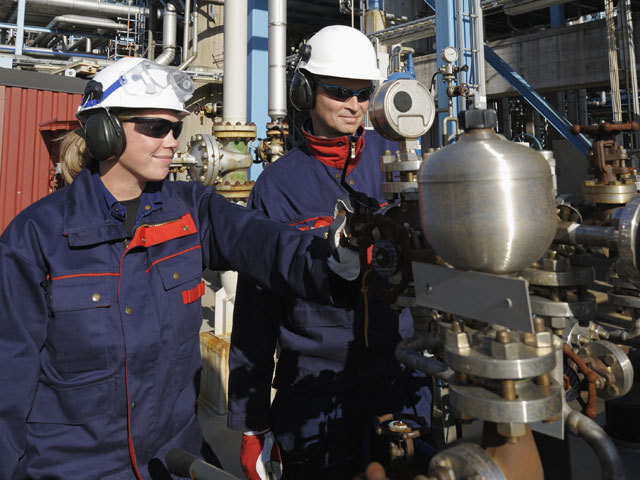
Scotland is the worst-performing home nation for women starting engineering careers, according to a new report.
Engineering UK said just 12% of all engineers in Britain are female, despite girls generally performing better than boys in science, technology, engineering and maths (STEM).
The trade body said this is due to girls dropping out of the education pipeline, with issues around identity and the perception of the ability to achieve goals for young women in engineering.
Only 3% of apprentices starting up in engineering apprenticeships in Scotland are female, compared to 11% in Northern Ireland, 9% in Wales and 8% in England.
The work also shows that around 30% of graduates in chemical, process and energy engineering are women, higher than others such as aerospace, civil and electronic engineering.
According to the document, there is “compelling evidence” that gendered norms and stereotypes associated with engineering are affecting girls’ career choices.
Only 60% of girls surveyed between 11 and 14 years-old thought they could become an engineer if they wanted to, compared to 72% of boys.
Just a quarter of young women in the 16 to 19 age range said they would consider an engineering career.
EngineeringUK CEO, Mark Titterington, said: “The gender imbalance in engineering means we are missing out on great talent which, given the shortfalls that our latest research highlights, it can ill afford to do.
“Equally, women are also generally missing out on really exciting and impactful careers in engineering and contributing solutions to some of society’s biggest challenges.
“This needs to change and for that to happen we need to do more to show girls, at the earliest age possible, what modern engineering is all about and how they can follow what they love through these kinds of careers.”
The group said that many girls are less aware of the pathways offered by engineering, with girls less likely to seek carreers advice on the matter.
It said there is serious work to be done to inspire women in STEM subjects, with key influencers like parents and teachers to play an important role,
Mr Titterington added: “We know that participating in hands-on activities and speaking to an engineer have a positive impact on young people’s knowledge of engineering jobs and that is particularly true for girls.
“We want to build on that with sustained outreach and engagement activity, together with supporting communications campaigns such as This is Engineering, to inspire the next generation of girls to become engineers.”
Recommended for you

